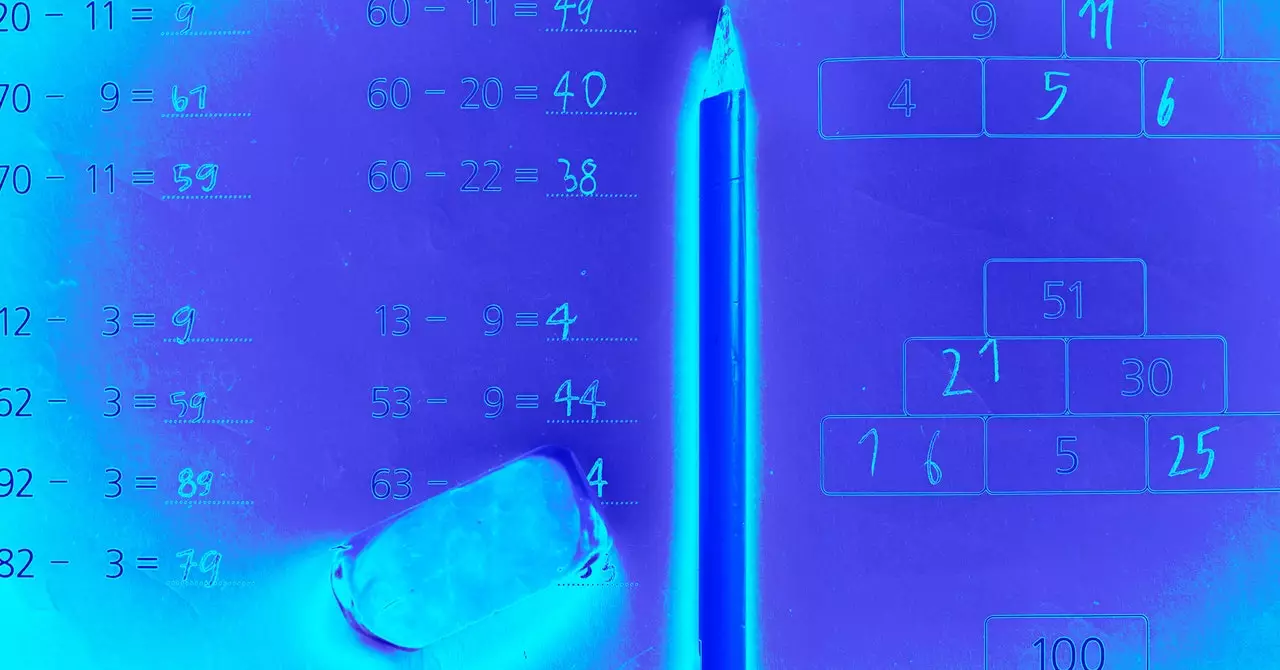The advent of AI technology has revolutionized the way students approach their math homework. With the introduction of apps like Gauth, students now have access to generative AI that can help them solve complex math problems with ease. While initially focused on writing assignments, educators have started to notice a shift towards the use of AI in completing math homework as well.
Among the plethora of AI-powered apps available to students, Gauth stands out as one of the most popular options. Owned by ByteDance, the parent company of TikTok, Gauth has gained millions of downloads and has garnered positive reviews from students. The app allows users to simply take a picture of a math problem, whether printed or handwritten, and receive a step-by-step guide to solving it, often with the correct answer.
While Gauth has been successful in assisting students with their math homework, it is not without its limitations. In testing, the AI tool showed some struggles with certain types of math problems, particularly graphing questions. On average, Gauth’s performance translated to a low B grade or a high C grade on the homework samples provided. This level of accuracy may be satisfactory for students looking for a quick solution, but it may not be sufficient for more advanced math topics like Calculus 2.
Despite the current limitations of AI-powered homework apps like Gauth, researchers are actively working on improving these tools. The development of large language models, such as AlphaProof by Google DeepMind, shows promise in tackling complex math problems. With ongoing advancements in natural language processing, AI tools may soon be able to provide more accurate and reliable solutions for students across all levels of education.
While AI homework apps like Gauth offer convenience and support to students, it is important to consider the ethical implications of their use. Gauth positions itself as an AI study tool rather than a cheating aid and encourages users to abide by an honor code that promotes ethical usage. However, the temptation to misuse these apps for academic dishonesty remains a concern, especially among impulsive teenagers.
The rise of AI technology in math education presents both opportunities and challenges for students. While apps like Gauth can provide valuable assistance with homework, it is essential for educators and parents to guide students in using these tools responsibly. As AI continues to evolve and improve, the future of math education is likely to be shaped by the integration of technology in learning processes.

